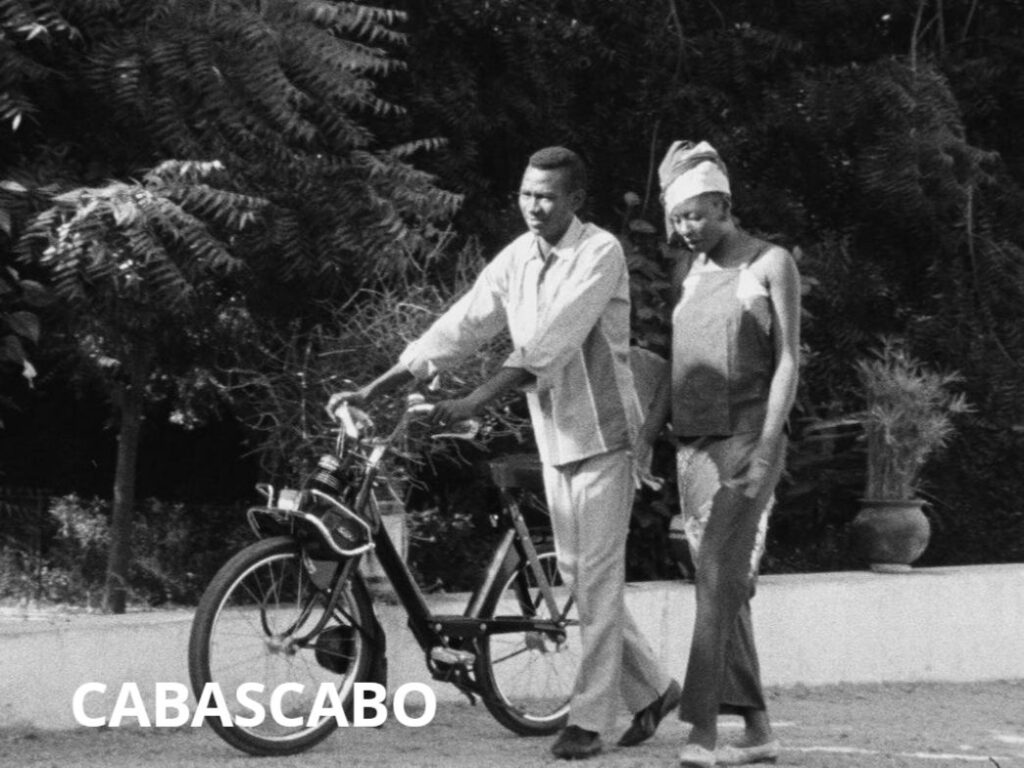Tracing the Influences Behind African Cinema’s Pioneers, from Ousmane Sembène to Safi Faye, and others.
When discussing the history of film, conversations often revolve primarily around the influences and philosophies of European, American, and occasionally Asian filmmakers. Names like Godard, Truffaut, and Resnais from the French New Wave; Bergman, Fellini, and Antonioni from European art cinema; Hitchcock, Ford, and Welles from classical Hollywood; Cassavetes, Altman, and Coppola from New Hollywood; Kurosawa, Ozu, and Ray from Asian cinema frequently dominate these discussions.
The voices and inspirations of African cinema pioneers are often notably absent from the global dialogue about film history, despite their contributions to the art form.

They are rarely mentioned alongside the masters in mainstream cinematic discourse.
This not only represents a gap in our understanding of film history but also perpetuates a narrow, primarily Western-centric view of cinema’s development.
Pioneering African filmmakers often created in a vacuum, building their national cinemas from the ground up in the aftermath of colonial rule.
For them, film was not just an artistic medium; it was a form of political and cultural resistance.
[Akoroko Premium subscribers received a newsletter last week that concisely dove into my understanding of their influences and motivations based on what research uncovered: link in bio or https://akoroko.com/subscribe/]